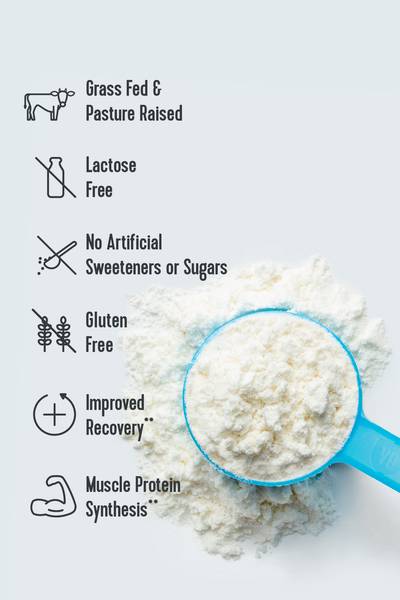Whether it's your first day at the gym or you practically clock in with the staff, choosing the right weights for your workout isn't a one-size-fits-all kind of thing. "How much weight should I lift?" is an important question to ask yourself (or your trainer) before planning out your workouts. Keep in mind, how much weight you lift can change by exercise, by day and even throughout the course of your workout.
An important thing to remember when trying to decide how heavy to lift is that you don't have to lift so heavy Thor would be impressed. The weight you lift during strength workouts is unique to you, your workout and your goals.
Here are a few helpful tips to help you decide how heavy to lift.
Vital Note: This article has been made available for informational and educational purposes only. It is not intended to be a substitute for professional medical advice, diagnosis, or treatment. Always seek the advice of your physician or another qualified health provider with any questions you may have regarding a medical condition. Your licensed healthcare professional can best provide you with the diagnosis and treatment of any medical condition and assist you as well in deciding whether a dietary supplement will be a helpful addition to your regimen.
How much weight should a beginner lift?
It's always best to start out with a light weight to avoid injury and set yourself up for success. This rule of thumb can apply to anyone: If you can successfully complete more than 25 repetitions of any exercise without fail, your weights are too light.
Even in instances where you're focusing on endurance (when the weight count is low and the rep count is high), you should still feel challenged. The last several reps especially should feel like work.
How do I know if I'm lifting too heavy?
Working within a safe weight range should always be your number one priority. Let's say you'd like to bench press a heavier weight. Ask a spotter to help set up the Smith machine or to hand you the weights. When lifting heavy, you should do about 10 to 15 total reps. If you can't complete at least 5 reps, switch to a weight that's lighter but still tough. This rule of thumb works for just about any exercise.
How can I check I'm lifting with proper form?
Your form can help you determine the right weight. Let's use a squat with a barbell on your shoulders as an example. If your knees jut forward or out, or your low back hurts, your weight is likely too heavy. If you can't control the weight or your form (spotter or not), go lighter.

Most importantly, listen to your body
No one likes to be derailed by a cold or an injury. But when your health is compromised, your body won't have the same energy or utility it usually does. Modify your weight or give your body the day off if you're not well. Recognize that not every day at the gym needs to be a throw-down.
Next time you're at the gym, rate your energy, watch your form and ask for help. If you’re not challenged, nothing will change. But doing more than you can handle can work against you. Get to know how heavy to lift and you’ll make the most of all your workouts.















